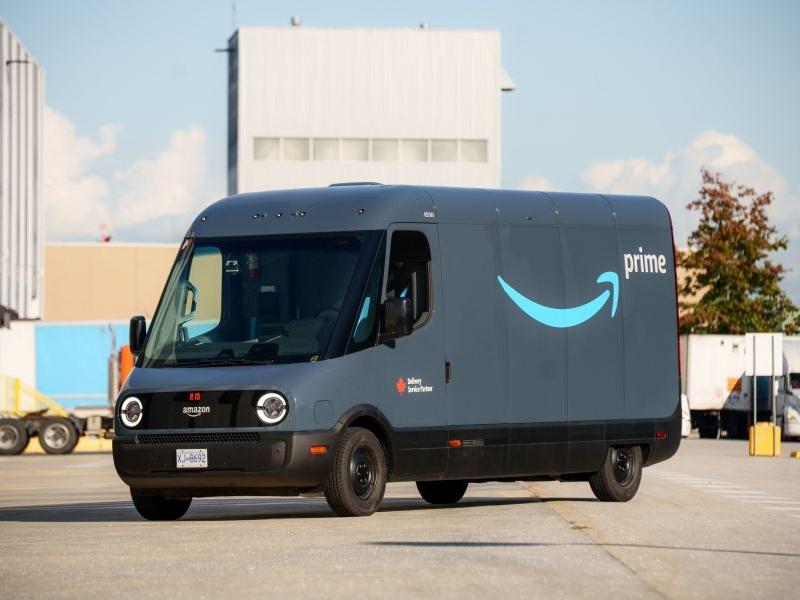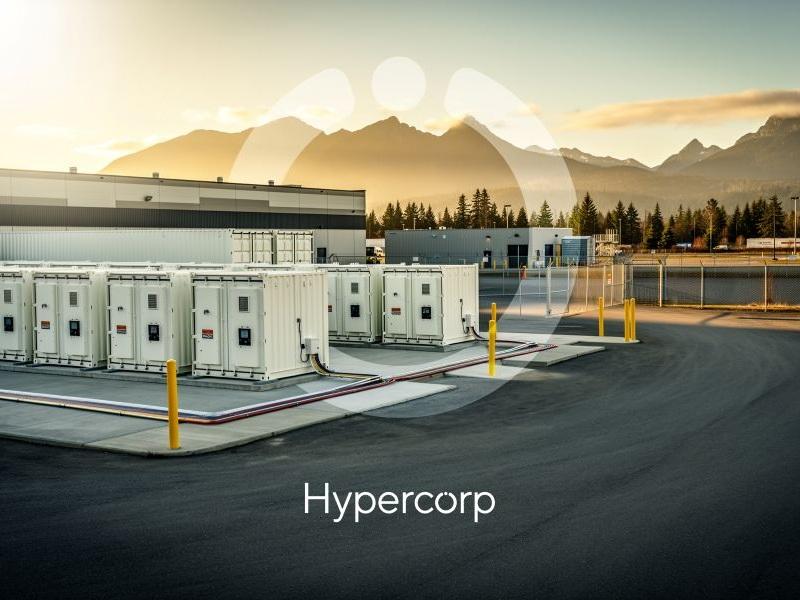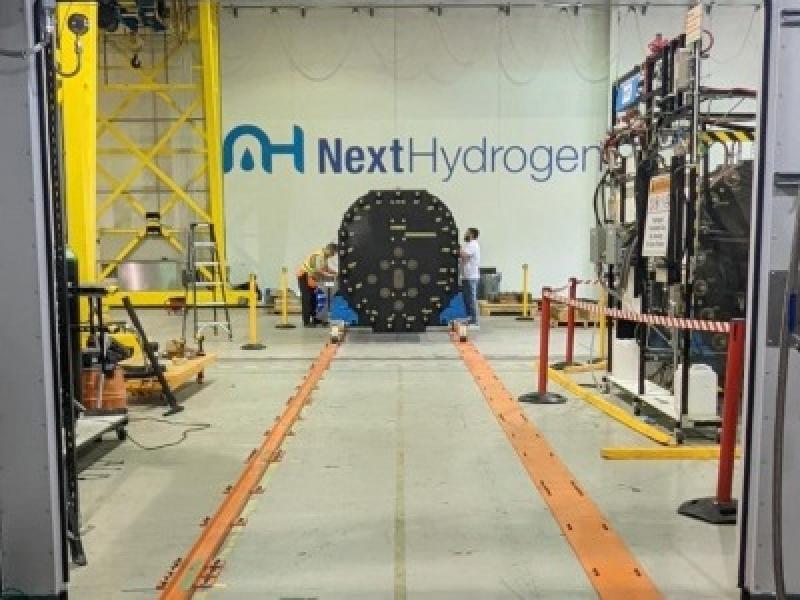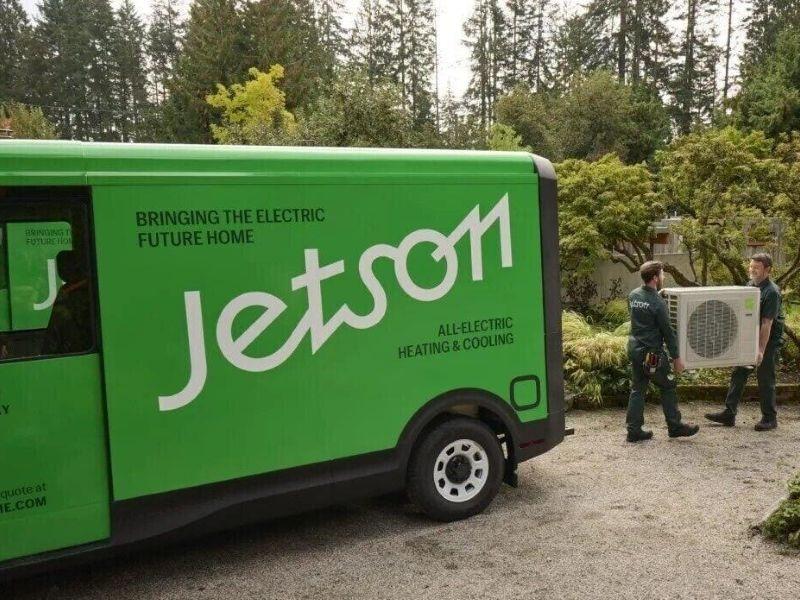
Amazon’s (AMZN-Q) first electric delivery vans in Canada are hitting the road in Greater Vancouver starting this week, a fleet made up of 50 custom Rivian vehicles.
The vans will operate out of Amazon’s DYV1 delivery station in Delta, B.C. Two of Amazon’s delivery service partners will use the vehicles for their routes. An Amazon spokesperson told Sustainable Biz Canada the vans will be progressively rolled out until the end of October.
Amazon is a major Rivian (RIVN-Q) investor, leading a US$700-million equity round in 2019. The Seattle-based tech titan plans to have 100,000 of Rivian’s delivery vans on the road globally by 2030, helping to reduce the carbon emissions from transportation. Amazon has over 35,000 electric delivery vehicles in use around the world today.
“It’s tremendously exciting to now launch our first major initiative targeting the decarbonization of our local delivery fleet,” Eva Lorenz, Amazon Canada’s vice president and country manager, said in the announcement.
“We know that investing in solutions that reduce our impact on the environment also has benefits for our customers, employees and business partners.”
'Exciting milestone' for Rivian
The deployment marks an “exciting milestone in our five-year history of operations in Canada,” Tom Solomon, Rivian’s vice-president of B2B growth and business development, said in the release.
“We’ve engineered this vehicle to be the superior choice for fleets, intentionally integrating safety, comfort, and sustainability into every detail.”
Those features include collision warnings, automatic emergency braking, automatic door locking and unlocking, and an ergonomically designed driver’s cabin and cargo area.
Over 90 per cent of British Columbia’s electricity is generated from renewable sources such as hydro and wind, providing a low-carbon charge for the Rivian vans.
Amazon’s sustainability targets
Amazon has set a target to have net-zero carbon emissions across its global operations by 2040. A key component of its direct, operational emissions stems from its transportation and logistics network. To address such pollution, the company took steps such as:
- transitioning more of its vehicle fleet to electric models;
- procuring 3.7 million gallons of blended sustainable aviation fuel and using 4.7 million gallons of lower-carbon renewable diesel in 2024; and
- optimizing its deliveries and routes.
In its latest sustainability report, Amazon reported 68.25 million tonnes of direct carbon emissions in 2024, a six per cent increase from 2023. The company attributed the increase to business growth and global supply constraints for electric vehicles and low-carbon fuels.
Besides vans, Amazon also intends to purchase thousands of four-wheel cargo bikes made by the company Also, a spinoff of Rivian.










